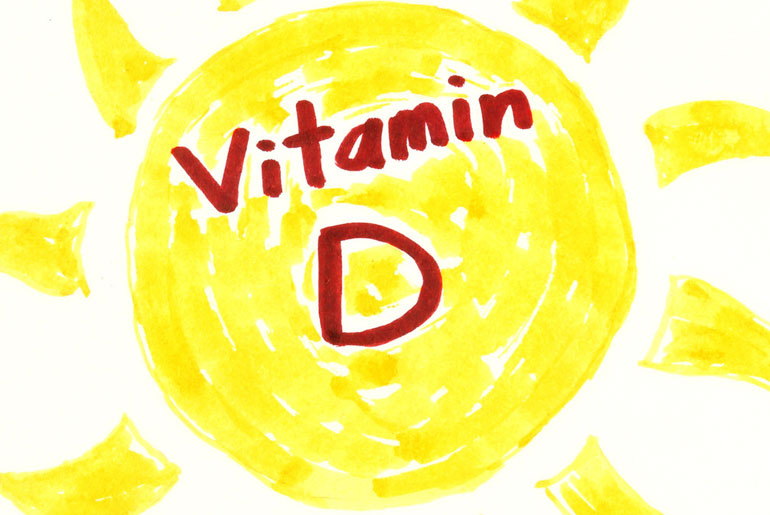Vitamin D, an essential nutrient, plays a pivotal role in calcium absorption, bone health, and immune function. While its deficiency is common, especially in regions with limited sunlight, excessive supplementation can lead to a condition called Vitamin D toxicity or hypervitaminosis D. This condition arises when Vitamin D levels in the body are excessively high, causing adverse health effects due to elevated calcium levels in the blood (hypercalcemia).
What Is Vitamin D Toxicity?
Vitamin D toxicity occurs when the body accumulates excessive levels of Vitamin D, often due to overuse of supplements. Unlike other vitamins, Vitamin D is fat-soluble, meaning it is stored in the body rather than excreted in urine. Over time, an excessive buildup can disrupt the delicate balance of calcium and phosphorus in the body.
The primary concern with Vitamin D toxicity is its ability to cause dangerously high calcium levels, leading to potential damage to the kidneys, heart, and bones. It’s worth noting that toxicity is not typically caused by sun exposure or dietary intake but by high doses of supplements, especially if taken over a prolonged period.
How Severe Is Vitamin D Toxicity?
Vitamin D toxicity is rare but can be severe. The seriousness depends on the level and duration of excess intake. In extreme cases, it can result in irreversible organ damage, particularly to the kidneys and cardiovascular system. If untreated, severe hypercalcemia can lead to life-threatening complications such as arrhythmias, severe dehydration, and kidney failure.
Most cases of Vitamin D toxicity occur when individuals consume supplements exceeding the tolerable upper intake level (UL) of 4,000 IU per day for adults without medical supervision. Toxicity generally manifests when levels exceed 150 ng/mL (nanograms per milliliter) in the bloodstream.
Common Symptoms of Vitamin D Toxicity
Vitamin D toxicity symptoms are primarily related to high calcium levels in the blood. They can be categorized into mild, moderate, and severe symptoms depending on the extent of hypercalcemia.
1. Early Symptoms:
- Digestive Issues: Nausea, vomiting, and loss of appetite.
- Fatigue and Weakness: A general feeling of tiredness and low energy.
Frequent Urination and Thirst: Excess calcium can disrupt kidney function, leading to increased urination and dehydration.
2. Moderate Symptoms:
- Bone Pain and Weakness: Excess Vitamin D can result in bone demineralization, causing pain and a risk of fractures.
- Headaches and Confusion: Neurological symptoms may emerge as calcium affects brain function.
3. Severe Symptoms:
- Kidney Damage: High calcium levels can lead to nephrocalcinosis, a condition where calcium deposits form in the kidneys, impairing their function.
- Cardiovascular Issues: Calcification of blood vessels and heart tissue can result in arrhythmias and hypertension.
- Severe Dehydration: Resulting from the kidneys’ impaired ability to concentrate urine.
When to Stop Supplementation
If you are taking Vitamin D supplements, it is crucial to monitor your dosage and symptoms to prevent toxicity. Here are some recommendations:
- Routine Blood Tests: Check your serum 25(OH)D (calcidiol) levels regularly, especially if you are taking doses higher than 2,000 IU daily.
- Watch for Symptoms: If you notice any of the early symptoms like nausea, fatigue, or excessive thirst, stop supplementation and consult a healthcare provider.
- Medical Supervision: Always follow a doctor’s recommendation when taking Vitamin D supplements, particularly at higher doses for therapeutic reasons.
While Vitamin D is vital for overall health, excessive intake through supplementation can lead to serious health consequences. Understanding the symptoms and severity of Vitamin D toxicity is crucial for those regularly taking supplements. Maintaining optimal levels through balanced supplementation, sunlight exposure, and a nutrient-rich diet is key to avoiding complications. If in doubt, consult a healthcare professional to evaluate your Vitamin D needs and tailor your supplementation safely.
Disclaimer:
The information contained in this article is for educational and informational purposes only and is not intended as a health advice. We would ask you to consult a qualified professional or medical expert to gain additional knowledge before you choose to consume any product or perform any exercise.







